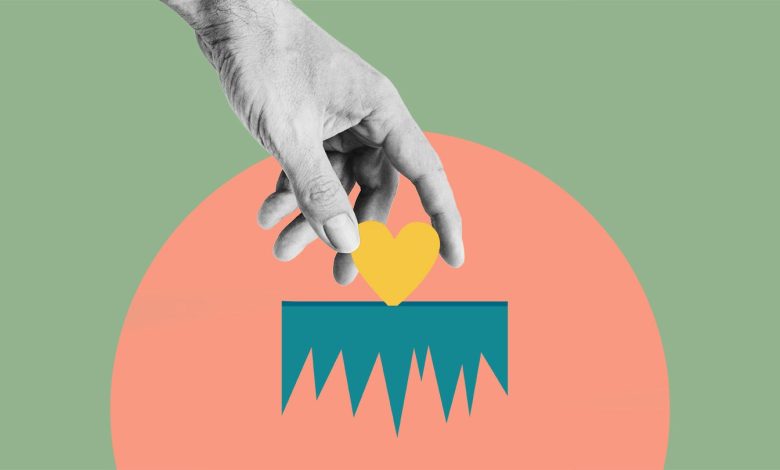Killing Us With Kindness

[ad_1]
While I was away for a few weeks, my wife began listening to the audiobook from Tantor Media I had recorded back in January. She said it was nice to hear my voice while commuting to and from work.
Truth be told, I was so nervous while recording it that I’m not sure my real voice comes out all that much.
Anyway, we had a good laugh at the fact that a fair good few of my essays at the beginning of the book are about the benefits of diet, nutrition, and exercise for people with multiple sclerosis (MS) — and all the while on my book tour, I was being overfed and well overwatered by friends and colleagues. It didn’t help, either, that the only exercise I seemed to get was walking through airports.
The fact that I was handed a cup, a pint, or a plate at every turn, and that I was somehow never allowed to carry my own briefcase on this tour, led me to consider the kindnesses we are offered and how they can sometimes be a little too much.
Too Much Help Can Shrink Our Confidence
I’ve written before about the importance of being allowed to fail, of pushing the envelope so we know how far we can go, and of looking back up at the edges of said envelope from the place where I have fallen for pushing too far. I’ve also mentioned in this column the importance of accepting help when we need it.
Funny, then, that I haven’t learned the lessons I have so often brought to the attention of others (as well as myself). Funny, too, that those who are trying most to help us may be smothering us with their kindnesses without either them or us realizing it.
Using wheelchair assistance in an airport can get us to our gate on time, even if we normally don’t use such a device in our everyday. Having someone lift or carry an unruly package for us can save the day at times.
But not being given a go at trying, if we desire, can begin to limit our abilities as well as our confidence.
Help When Needed Is a Godsend
Don’t get me wrong. I’m the first person to extol the benefits of using an assistive device or giving others the opportunity to give help by asking for it when we need it. I’ve often had to relearn those lessons myself and offer up my own failings as a service so others mayn’t have to fail themselves.
A smart person learns from their mistakes. A wise one learns from the mistakes of others as well.
How to Turn Down Unwanted Help
I guess what I’m saying is that I (and perhaps we) need to hone our ability to say no to too much proffered assistance (or extra slices of cake) without hurting the feelings of those who are trying to help. In doing so I think I’ll use as a guide a phrase that my wife, Caryn, and I have found helpful over the years.
“Default to kindness” is what we say when we misunderstand one another (or others). It’s the best way not to jump to the assumption that something was done or said hurtfully or in malice. By defaulting to the presumption that something is being offered to us in kindness, it allows for a softer response, even if that response has to be a negative one.
We just mustn’t allow the kindnesses to kill us “as fond apes do their young.” (I just learned that this is the rest of the phrase, originating as a 16th-century proverb.)
Now to devise a way to shift this extra weight from all the kindness I was fed on tour!
Wishing you and your family the best of health.
Cheers,
Trevis
My new book, Living Well With Multiple Sclerosis, is now available. Follow me on the Life With MS Facebook page, and read more on Life With Multiple Sclerosis.
[ad_2]




